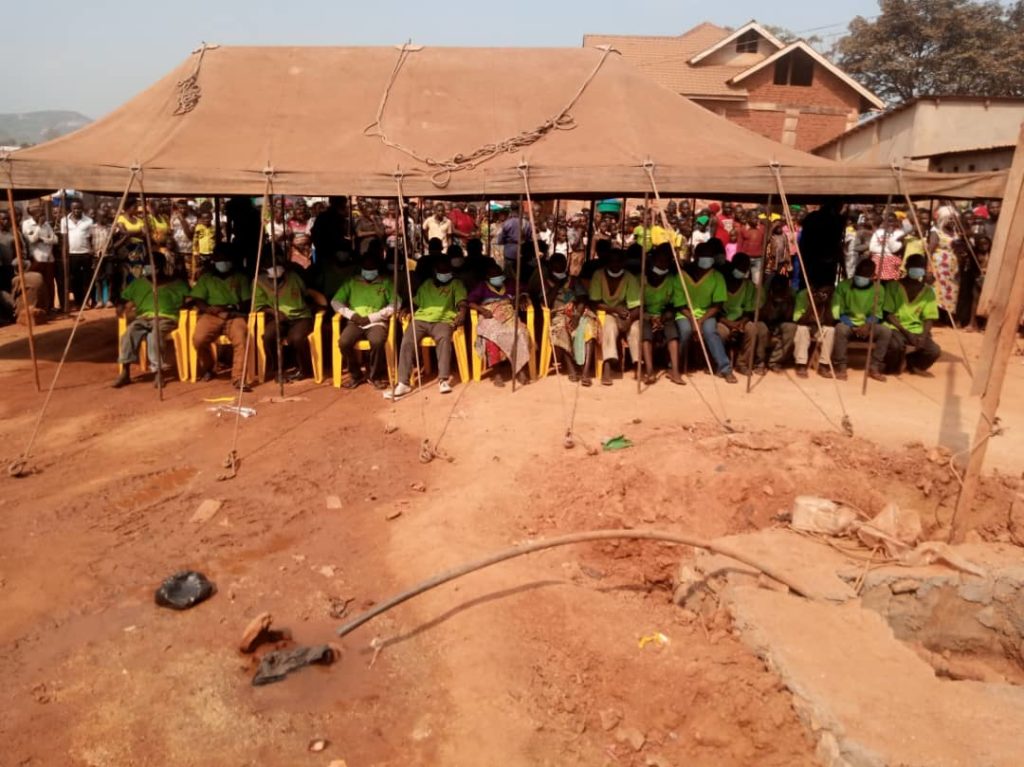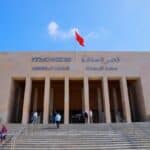
The Djugu 2 trial came to an end on 1 April 2021. It concluded with 21 defendants being sentenced to life imprisonment for crimes against humanity by murder, arson, destruction, pillaging and persecution, and 11 defendants being acquitted. The 219 civil parties were also granted most of their claims for reparations, both individual and collective, including rehabilitation measures, thus breaking with the practice of awarding only damages.
Restitution was also ordered as individual reparations. Among the collective reparations measures, the Ituri Military Tribunal ordered the DRC to set up a health centre in each village for the medical and psychological care of the victims; to take measures to search for the unaccounted-for bodies and to provide the victims with the means to organise their mourning; to erect a monument in each village that had been attacked; and to take appropriate measures to put an end to the activities of the armed group CODECO. This is a particularly relevant reconciliation of the different reparation measures provided by international law, namely compensation, restitution, rehabilitation, satisfaction and guarantees of non-repetition.
This verdict is an important step in the fight against impunity in Ituri, a region that is the scene of significant inter-community and ethnic tensions. This trial concerns in particular the crimes committed by the armed group “Cooperative for the Development of Congo” (CODECO) against the Hema community in the territory of Djugu, between December 2017 and March 2020. CODECO claims to defend the interests of the Lendu community (farmers) against the Hema community (herders and traders). The CODECO militia had intensified its attacks in the territories of Djugu, Irumu and Tchomia after the death of its leader Matthieu Ngudjolo and the arrest of his main lieutenants.
The Djugu trial covered crimes committed in these territories between December 2017 and March 2020. The defendants were accused of having launched several widespread and systematic attacks against the civilian population, killing more than 800 people, burning more than 400 homes and displacing 200,000 people.
This decision sends a strong signal to the armed groups operating in the region who continue to violate the rights of the civilian population, as well as to the Congolese state, whose responsibility is also recognised by the Court. The DRC was thus ordered to pay reparation in solidum for having failed in its mission to protect the population. Almost all of the victims, witnesses and informants reported the presence of the Congolese national police and the Armed Forces of the Democratic Republic of Congo in the localities where the attacks and other reprehensible acts of which the defendants are accused were committed.
The proceedings were conducted in accordance with the law and the principles of a fair trial, in particular the legal time limits, despite the difficulties linked to the persistent insecurity caused by the presence of CODECO in the vicinity of Iga Barrière.
This verdict does not, however, mark the end of the judicial process for the victims of this case. Victims very rarely obtain the reparations to which they are entitled. The procedure for the execution of other forms of reparation is thus far from clear. The challenge now is to ensure that :
– The indigence of victims is recognised and they are exempted from the costs of the preparation of the case and the enforcement procedure;
– The administrative and judicial authorities proceed with the preparation of the judgment to make it enforceable;
– The administrative and judicial authorities proceed with the effective enforcement of the judgment;
– Victims effectively receive the reparations to which they are entitled as soon as possible.



